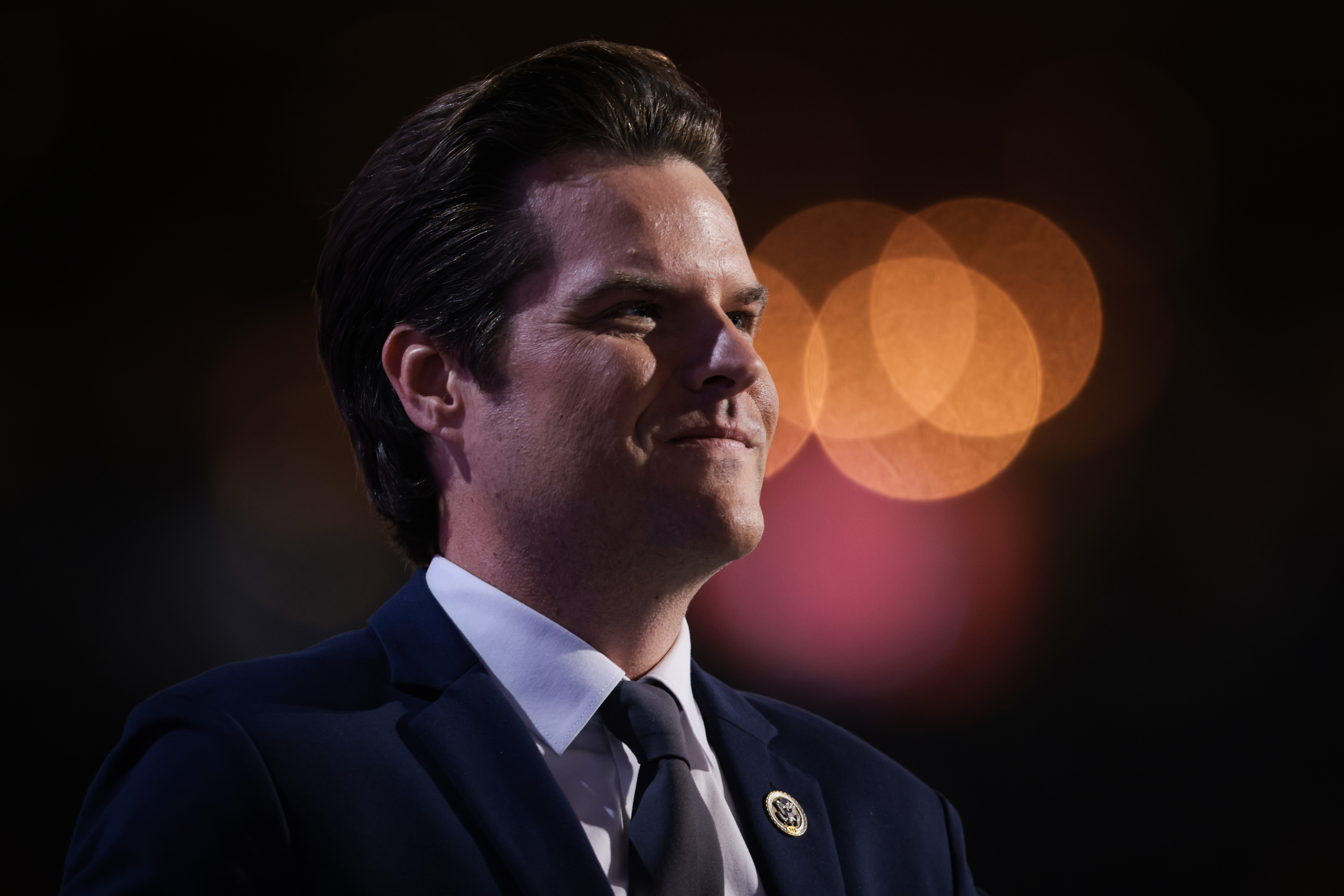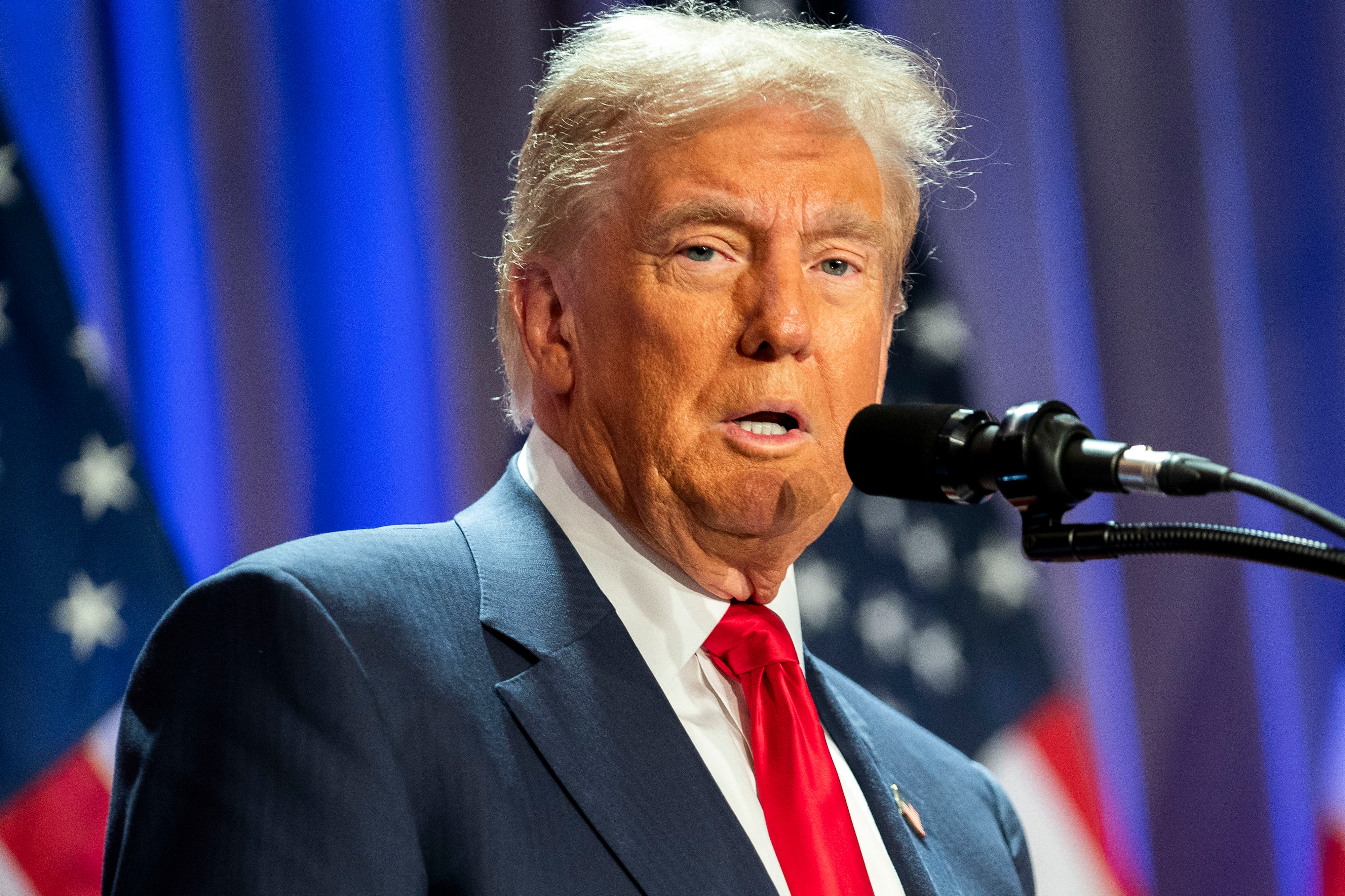Former Illinois Gov. Rod Blagojevich filed a petition Thursday with the United States Supreme Court, challenging the conviction on which he is currently serving a 14-year sentence in federal prison.
The Blagojevich appeal rests on two main pillars: that he never violated campaign laws as defined in a previous landmark Supreme Court case, and that his sentence was especially harsh compared with other politicians who have been jailed on corruption charges.
Indeed, Blagojevich maintains that his sentence is more than twice as long as the penalties levied on others found guilty of the same, or even more egregious, conduct. And he insists under the Court’s decision in a case known as McCormick v. the United States, none of his fundraising activities should have been considered illegal.
The McCormick case said that in order to have committed a corrupt act, a politician must have made an explicit promise that he would commit to an official act in exchange for the donor’s campaign money. Another decision, Evans v. the United States, permits conviction based on an implied promise of an official act. In asking the Supreme Court to take the former governor’s case, Blagojevich attorney Leonard Goodman argues the time is right for the court to clear up the rules once and for all.
“The majority of circuits to have considered the question, treat McCormick as setting the standard for campaign contribution cases,” Goodman writes, arguing that the looser Evans standard applies to bribes or favors offered for non-campaign related payments.
“The location of the line between lawful campaign solicitation and felony extortion is a question of undeniable practical importance to candidates throughout the country,” Goodman argues. “The present uncertainty also implicates constitutional concerns of the highest order.”
From the prison where he has served more than five years of his sentence, Blagojevich still maintains he did nothing wrong.
“I was always careful in fundraising, to stay on the right side of the line,” the former governor told NBC5 in July, his first interview since entering federal custody. “It’s a very simple rule---you can’t promise anything in exchange for a campaign contribution, and I didn’t!”
Blagojevich has long insisted that his jury received improper instructions, and that the governing McCormick standard was never properly applied in his case.
“The prosecutors listened to all the tapes, they knew there were no specific promises,” he said. “So instead, what they did was they moved the line on me, they convicted me…on a lesser standard that moved the McCormick line.”
The petition marks Blagojevich’s second trip to the Supreme Court. After his first petition, prosecutors successfully argued that the appellate process had not been fully exhausted.
U.S. & World
“Our petition lays out a compelling case that the Supreme Court needs to settle the confusion among federal courts about the dividing line between campaign fundraising, something all elected officials are required to do (unless they are billionaires), and the federal crimes of extortion and bribery,” Goodman told NBC5. “The prosecutors in this case took advantage of this confusion to impose one of the most severe sentences ever handed out in a political corruption case to a governor who never sought a bribe or a kickback and never took a penny from his campaign fund for his personal use.”
Failing at the high court, the former governor’s only avenue to freedom would be a petition for commutation of his sentence, currently pending before President Donald Trump.



